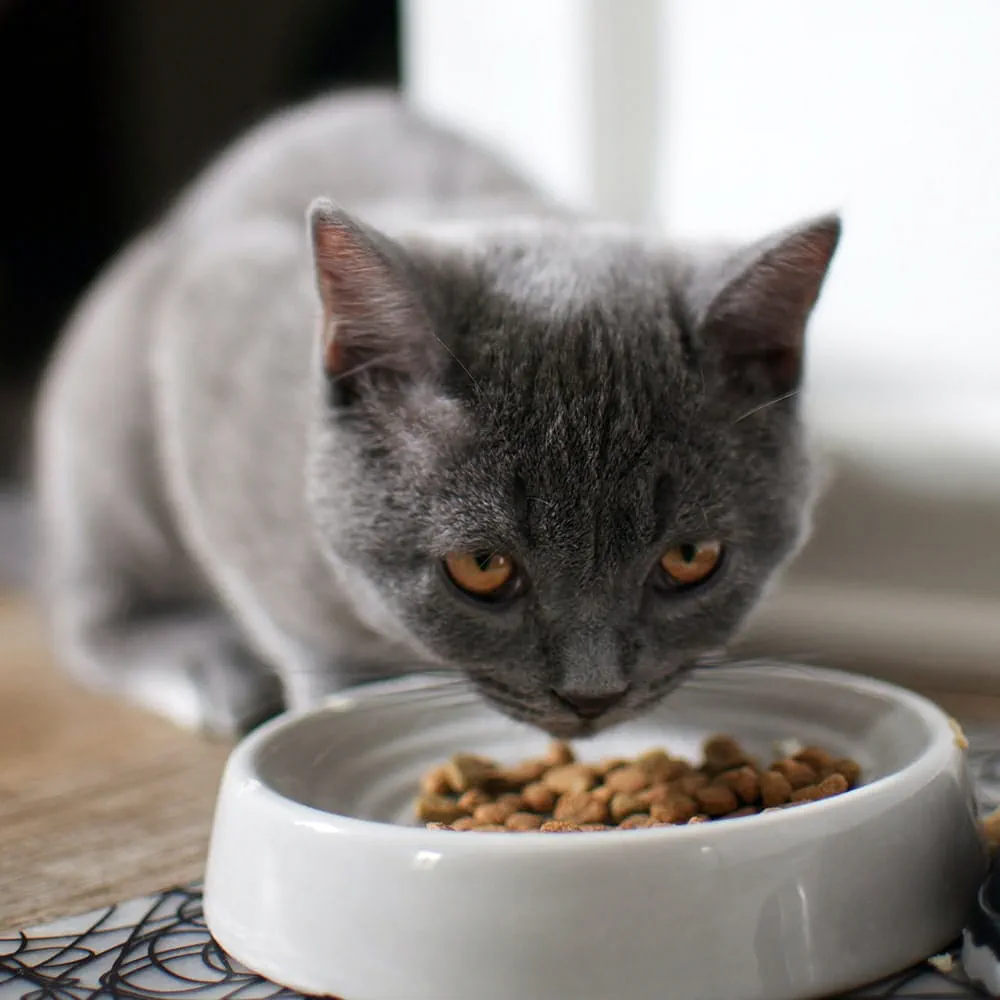Can you feed your pet a meat-free diet?
Can pets eat a meat-free diet?
Can your cat or dog survive on a vegan diet?
Many people are turning towards a more plant-based diet and wondering if their pets may also benefit from eating meat-free. While this may seem like an unusual suggestion, it's not as wild of an idea as you might think.
While some may be content to feed their dogs or cats anything that comes out of a can or box, others prefer to give them food made from all-natural ingredients. If this sounds like you, you may have already heard about meat-free diets for animals - but what does this mean? Can your furry friend really eat a meatless diet? Find out below.
Can dogs live on a meat-free diet?

Technically, yes. Dogs can survive and live on a vegetarian or vegan diet. As dogs evolved from wolves, they are well used to eating foods other than meat. In the wild, wolves tend to eat a diet made up of plant starch, which means that dogs may be suited to a meat-free diet.
Many people, including pet owners, are becoming more and more aware of the benefits of a meat-free diet. If you're thinking about making the switch to a plant-based lifestyle for yourself or your furry friends, it can be hard to know if it's safe for pets. In general, meaning that their bodies need animal proteins to have all of the necessary amino acids, so cats should consume some type of animal protein.
On the other hand, dogs are omnivores, which means that they don't require as many specific nutrients as an obligate carnivore does but still may benefit from having plant sources like fruits and vegetables. When preparing for changing your pet's diet, it is always best to seek advice from a vet or pet nutritionist to ensure that you provide everything they need to stay healthy.
Can cats live on a meat-free diet?

Cats may not be able to adapt to a meat free diet as they have much different nutritional requirements than dogs. Cats are considered obligate carnivores, which means that their diet consists of mostly meat.
The challenge for cats is that their bodies struggle to produce certain proteins, such as taurine. Instead, cats get taurine and amino acids from meat such as chicken or beef that can be found in commercial cat foods.
What happens if a pet is fed a vegan diet?
There are plenty of benefits that come with switching your dog to a meat-free meal plan. For example, research has shown that a vegetarian or can lead to increased energy levels, healthier skin and coats, cleaner teeth and better breath, among other things. These improvements in health will undoubtedly be noticeable in any dog who makes the switch.
If a pet is going to be fed a vegan diet, the best vegan dog food must be chosen. After all, dogs need certain amino acids, vitamins and minerals missed by other plant-based diets. Additionally, this diet will not be complete, so supplements should be given close to the feeding time for dogs containing what they need - calcium and omega fatty acids such as flaxseed oil.
Is it a crime in the UK to feed a dog a meat-free diet?
No, it's not a crime to feed a dog meat-free food. However, it is the to ensure their pet has a suitable diet. Therefore, with any change in diet, it is always best to seek advice from a trained medical professional with training in nutrition. By ensuring that you're providing all the nutrition your dog needs – such as amino acids, vitamins, and minerals – to keep them healthy, you will abide by the Animal Welfare Act and avoid any persecution due to negligence. When done safely and correctly, you may switch your dog to a meat-free diet without compromising its nutritional intake and health.
Knowing whether or not your pet can eat a meat-free diet is essential. Although easier to accomplish for dogs, a vegan diet for cats may not be such a good idea. Owners should be aware of potential nutritional deficiencies and consult with their veterinarian before enacting a meat-free diet for their pet.




